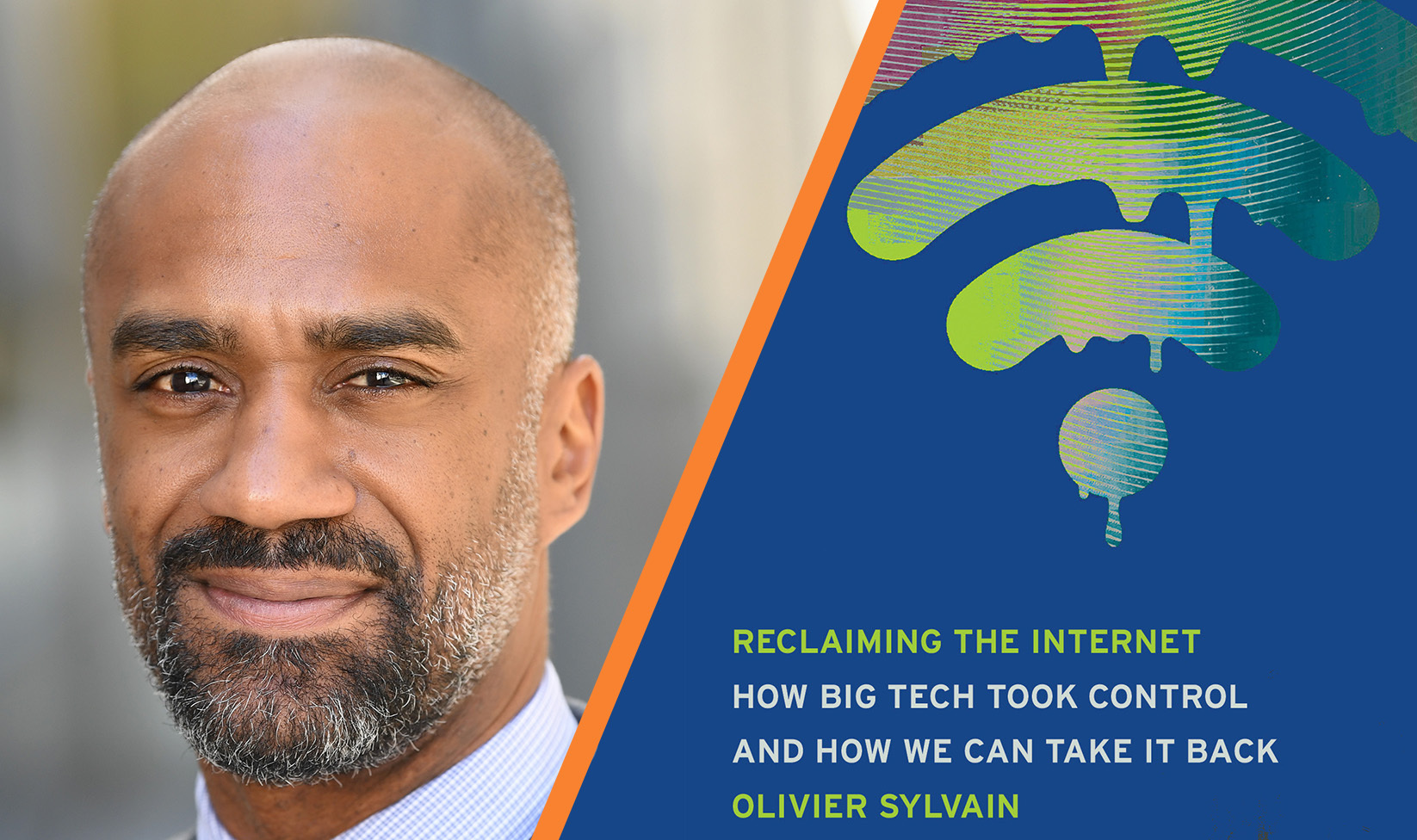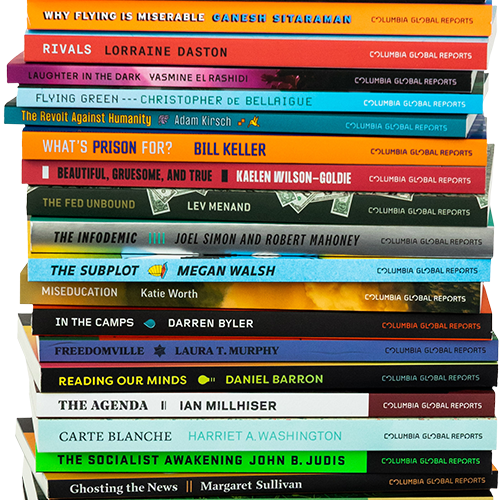Olivier Sylvain at Politics and Prose
March 18, 2026 | 7:00 PM - 8:00 PM
Politics and Prose at The Wharf, Washington DC
Olivier Sylvain will discuss his book Reclaiming the Internet
Publishing concise nonfiction on the world’s most pressing issues
Keep up with our authors and discover CGR events near you:

March 18, 2026 | 7:00 PM - 8:00 PM
Olivier Sylvain will discuss his book Reclaiming the Internet

Find new ways of looking at the world with Columbia Global Reports. Our $85 subscription includes six paperbacks mailed in advance of publication directly to your doorstep.